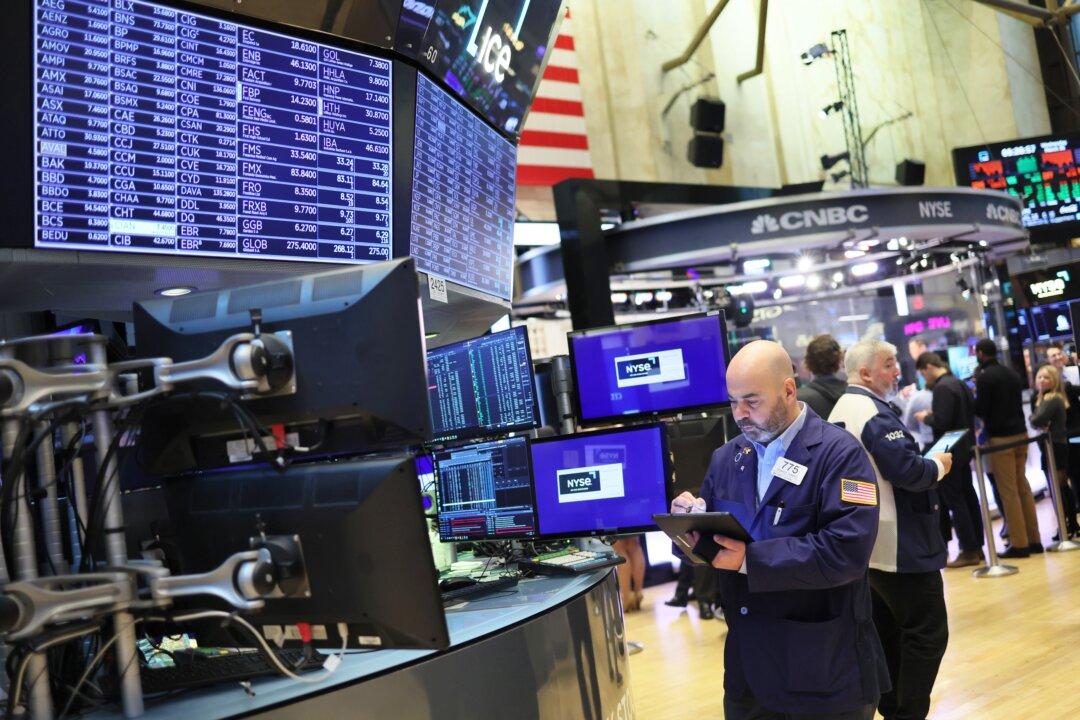World stocks fell and bond yields edged up on Friday as investors digested hawkish remarks by Federal Reserve Chair Jerome Powell that faster rate hikes are needed to tame surging inflation.
With inflation in the United States running well above the Fed’s 2 percent target, Powell said on Thursday that a half-point interest rate hike would be “on the table” when the policymakers meet in May, adding it would be appropriate to “be moving a little more quickly” to tighten monetary settings.





